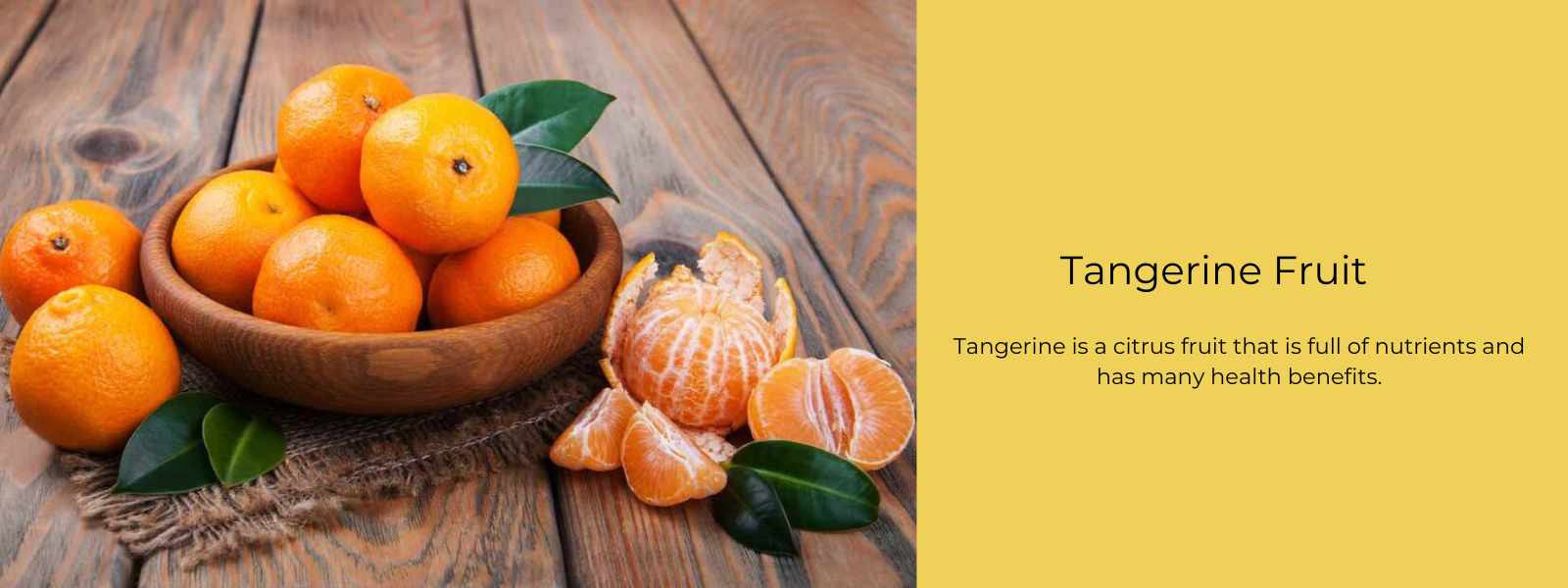Tangerines are an excellent source of vitamin C, offering a variety of health benefits that support overall well-being. This essential nutrient plays a crucial role in enhancing the immune system by stimulating the production and activity of white blood cells, helping the body fight off infections and illnesses more effectively. As a potent antioxidant, vitamin C in tangerines neutralizes free radicals, reducing oxidative stress and lowering the risk of chronic diseases such as heart disease and certain cancers. Additionally, vitamin C is vital for collagen synthesis, which maintains skin elasticity and firmness, promoting a youthful appearance and aiding in wound healing. Tangerines also aid in improving iron absorption from plant-based foods, which can help prevent iron-deficiency anemia and boost energy levels. Incorporating tangerines into your diet, whether as a fresh snack, in salads, or as juice, is a delicious and effective way to take advantage of these health benefits.
Table of Contents
What Makes Tangerines a Rich Source of Vitamin C?
Tangerines are packed with vitamin C, providing about 23.5 mg per small fruit, which is approximately 26% of the recommended daily intake for adults. The high concentration of ascorbic acid in tangerines is due to their natural metabolic processes. This essential nutrient is crucial for various bodily functions, making tangerines a vital addition to a balanced diet. Their sweet and tangy flavor makes them a popular choice for those looking to increase their vitamin C intake naturally.
Benefits of Vitamin C Found in Tangerines
- Immune System Support: Vitamin C in tangerines boosts the immune system by enhancing the production and function of white blood cells, which are essential for fighting infections and illnesses. Regular consumption can help reduce the severity and duration of colds and flu.
- Antioxidant Protection: As a powerful antioxidant, vitamin C neutralizes free radicals and reduces oxidative stress, protecting cells from damage.
- Skin Health: Vitamin C is vital for collagen synthesis, which maintains skin elasticity and firmness. It helps reduce wrinkles, improve skin texture, and promote wound healing. Additionally, its antioxidant properties protect the skin from UV damage and environmental pollutants.
- Heart Health: Vitamin C supports cardiovascular health by maintaining healthy blood vessels, reducing blood pressure, and lowering levels of LDL cholesterol and triglycerides. This contributes to a reduced risk of heart disease.
- Improved Iron Absorption: Vitamin C enhances the absorption of non-heme iron from plant-based foods, helping prevent iron-deficiency anemia and supporting overall energy levels.
Orange or Tangerine - Which Has a Higher Amount of Vitamin C?
Oranges typically have a higher vitamin C content compared to tangerines. A medium-sized orange contains about 70 mg of vitamin C, which is significantly more than the 23.5 mg found in a small tangerine. However, both fruits are excellent sources of vitamin C and offer numerous health benefits. The choice between oranges and tangerines often comes down to personal preference and specific dietary needs rather than a substantial difference in vitamin C content.
Ways to Use Tangerines
- Fresh Snack: Enjoy tangerines as a convenient, portable snack. Peel and eat them fresh for a quick vitamin C boost.
- Salads: Add tangerine segments to salads for a burst of sweetness and tanginess. They pair well with greens, nuts, and other fruits.
- Smoothies and Juices: Blend tangerine segments into smoothies or juice them for a refreshing and nutritious drink.
- Desserts: Incorporate tangerines into desserts like fruit salads, parfaits, or citrus-flavored cakes and tarts.
- Cooking: Use tangerine zest and juice in marinades, sauces, and dressings to enhance the flavor of various dishes.
Conclusion
Tangerines, rich in vitamin C, offer numerous health benefits, from boosting the immune system and providing antioxidant protection to supporting skin health and heart function. While oranges contain a higher amount of vitamin C, tangerines are still an excellent source of this essential nutrient. Their sweet and tangy flavor makes them a versatile addition to various dishes and a convenient snack option. Regularly including tangerines in your diet can help you take advantage of their health benefits and support overall well-being.











Leave a comment